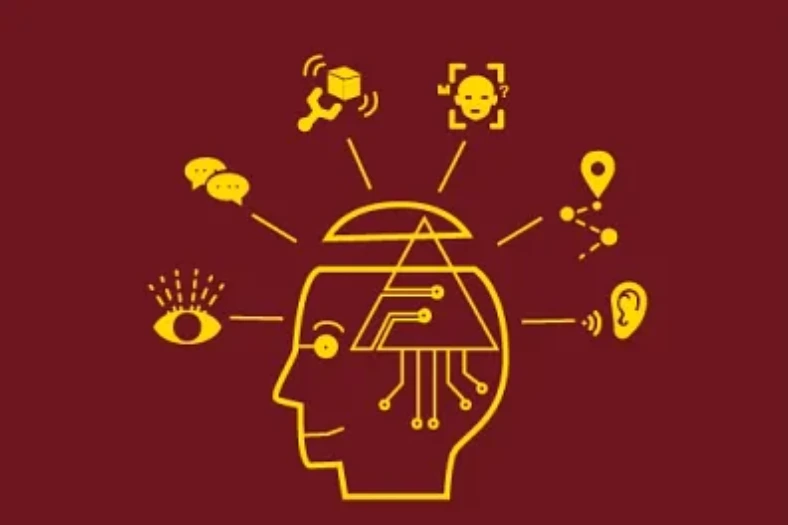The advent of artificial intelligence (AI) in the field of medicine promises revolutionary advances in diagnosis, treatment, and patient care. However, with these technological strides come legitimate concerns about transparency, ethics, and trustworthiness. As we hurtle into an era where algorithms can make life-altering decisions, the question remains: How can we ensure the responsible use of AI in medicine? One compelling answer lies in the concept of an “AI Passport.”
At its core, an AI Passport is a standardized record providing essential details about an AI system. Much like a human passport offers identification, an AI Passport verifies and elucidates the identity, function, and qualifications of an AI tool. But why is this so vital in a healthcare setting?
Firstly, transparency is paramount. Healthcare professionals, patients, and regulators need to understand how a particular AI system works, the data it was trained on, and its decision-making criteria. By detailing its origin, model type, data source, and performance metrics, the AI Passport can demystify complex algorithms, making their processes and outputs more comprehensible to its users.
Accountability is another critical factor. With numerous stakeholders, from developers to end-users, having a clear chain of responsibility is crucial for addressing issues that might arise. An AI Passport specifies the developers, organizations, and entities responsible, ensuring there’s a point of contact for any concerns.
Furthermore, the AI Passport addresses ethical considerations. By detailing bias assessments, fairness evaluations, and data sources, stakeholders can evaluate the system’s ethical design and application. Given the diverse patient populations and the dire consequences of discriminatory biases in medicine, this feature is especially significant.
The rigorous regulations governing medicine and patient care also necessitate a standardized approach to AI documentation. AI Passports can aid in regulatory compliance by offering a structured format that aligns with legal and industry requirements. Such a document can streamline the review and approval processes by presenting data in a familiar and comprehensive format.
Finally, fostering trust is perhaps the most crucial aspect. For patients and medical professionals to rely on AI’s recommendations, they must trust its capabilities and intentions. The transparency and accountability offered by an AI Passport can significantly bolster this trust.
The AI Passport in Action
PneumoScan Inc. is a medtech startup that developed an AI tool designed to detect early-stage pneumonia using chest X-rays. Named PneumoAI, the tool aims to assist radiologists in diagnosing pneumonia, especially in areas where there’s a shortage of specialists.
However, as PneumoAI began gaining traction in hospitals, several doctors raised concerns about its origins, training data, and reliability. They wanted to understand the tool better before integrating it into their diagnostic process.
To address this, PneumoScan decided to implement an “AI Passport” for PneumoAI.
The Pneumoscan AI Passport:
AI Solution Name & Version:
- PneumoAI, Version 2.1
Purpose & Application:
- Early-stage pneumonia detection assistance for radiologists using chest X-rays.
Dataset Used:
- Origin: Data sourced from global health institutions, ensuring diverse representation.
- Size & Diversity: 2 million X-rays from patients aged 1 to 95, covering various ethnicities and regions.
- Privacy Measures: All images were anonymized and used with consent.
Model Type & Architecture:
- Convolutional Neural Network (CNN) optimized for medical imaging.
Performance Metrics:
- 96% accuracy on the validation set. F1-Score of 0.94.
Bias & Fairness Evaluation:
- Trained on a diverse dataset, and showed uniform accuracy across different age groups, genders, and ethnicities.
Human Oversight:
- Initial findings by PneumoAI are reviewed by a radiologist before diagnosis.
Regulatory & Compliance Status:
- FDA approved. Complies with HIPAA and GDPR.
Feedback & Iteration Mechanism:
- A portal allows radiologists to provide feedback on false positives or negatives, which PneumoScan uses for monthly model refinements.
Developers & Stakeholders:
- Developed by PneumoScan Inc. Partnered with Global Health Radiology Association for continuous improvement.
With the AI Passport, PneumoScan addressed the concerns of the medical community. Radiologists could now quickly understand the system’s workings, its performance metrics, and its oversight mechanisms. The AI Passport also streamlined PneumoAI’s adoption in several hospitals, as it made the regulatory approval process smoother. Doctors felt more confident about integrating PneumoAI into their diagnostic process, knowing its capabilities and limitations.
The Passport became an essential tool for trust-building. When questions or doubts arose, PneumoScan representatives simply referred stakeholders to the AI Passport, ensuring transparency, clarity, and reassurance.
As a result, PneumoAI’s adoption rate saw a significant increase, and the AI Passport set a precedent for other medtech firms to follow, ensuring responsible and transparent AI integration in healthcare.
While AI brings transformative potential to medicine, it also introduces unprecedented challenges. An AI Passport, in this light, is not merely a tool for documentation. It’s a testament to responsible development, a beacon of transparency, and, most importantly, a foundation for trust. As AI continues to weave itself into the very fabric of healthcare, the AI Passport might just be the compass that ensures we navigate this new terrain responsibly and ethically.



0 Comments